A leader of protests against new coronavirus restrictions in Brooklyn was ordered Monday to stay away from a journalist who was chased and trapped by a crowd.
Judge Edwin Novillo told Heshy Tischler, who is charged with inciting people to riot and unlawful imprisonment of a journalist, that he would be subject to getting arrested again if he had any contact — or had someone else get into contact on his behalf, including through social media — with Jewish Insider journalist Jacob Kornbluh
Tischler, a City Council candidate and activist in the Orthodox Jewish neighborhood of Borough Park, had been arrested in connection with his actions during an Oct. 7 street protest.
Video shows a crowd of men, egged on by Tischler, surrounding, jostling and taunting Kornbluh, who has been reporting on resistance to social distancing in the neighborhood. Tischler, who was not wearing a mask, can be seen screaming in Kornbluh’s face. Kornbluh, who is also an Orthodox Jew, said he was struck and kicked during the incident.
Tischler called his arrest a “political stunt” on Twitter. He has said he believed his interactions with Kornbluh were protected by the First Amendment.
In another act of intimidation, several dozen men gathered outside Kornbluh’s apartment late Sunday to protest Tischler’s arrest.
https://www.instagram.com/p/CGQ6zB5HS_k/?igshid=1dkm3od8zop5z
On Monday, during the video hearing, Tischler’s attorney Abraham Hoschander protested against the judge implementing the order of protection against his client, saying he “poses no danger whatsoever.”
Tischler was released on his own recognizance and ordered to return to court on April 27.
Large protests erupted in Borough Park last week after Gov. Andrew Cuomo announced new restrictions on schools, businesses and houses of worship in areas where coronavirus infection rates have increased.
The majority of the areas facing lockdowns are home to large Orthodox Jewish populations, and religious leaders have complained of being singled out. The spike in cases coincided with the back-to-back Jewish holidays in late September.
Cuomo said Sunday that the so-called cluster areas contain 2.8% of the state’s population, yet have had 17.6% of all positive confirmed cases reported this past week.
The Democratic governor urged people living in those areas to abide by the restrictions even though the new rules ban large gatherings in synagogues.
Tischler has led some of the opposition, cutting the chains off playgrounds in the spring after they were ordered closed by the state and recently disrupting a news conference by the head of the city’s hospital system.
(AP)

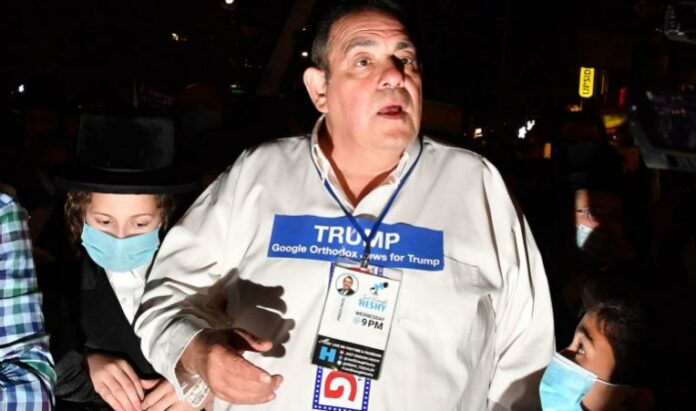
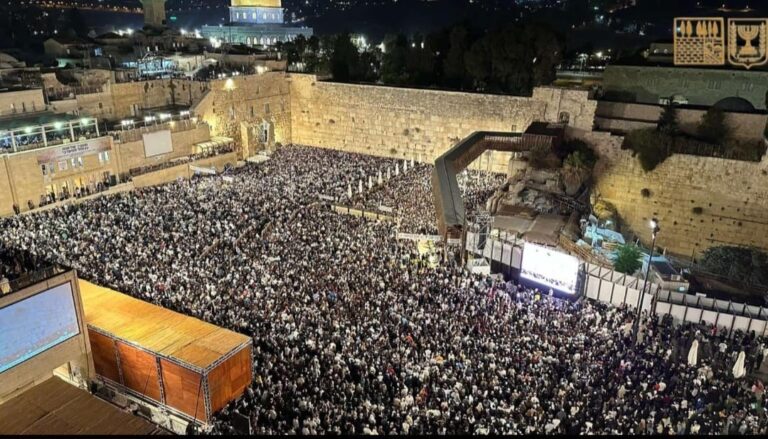
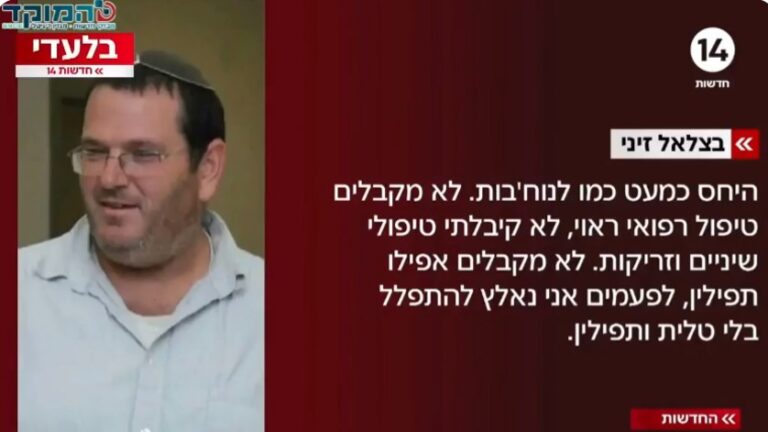
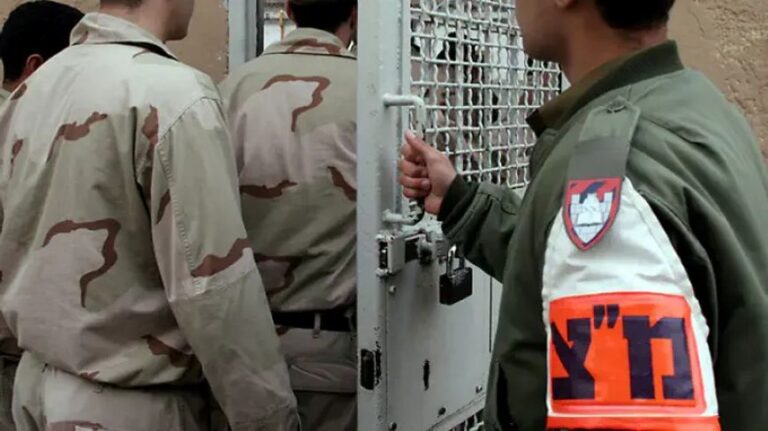
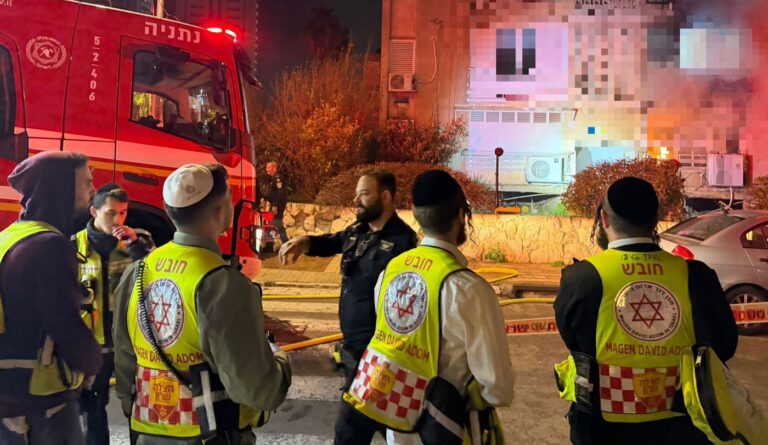
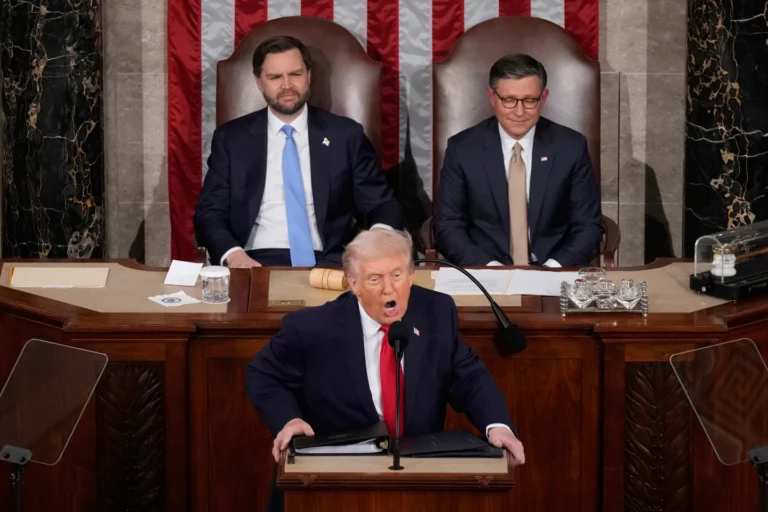





22 Responses
May he stay far away from all of us, all of the media and far from Jacob kornblu.
Most of the cases are in Latino neighborhoods not orthodox jews. Learn how to paraphrase articles you copy from Fake News AP
Yay. Great to hear the news
Mosar
Seems like jacob deserved a lot worse than he got
Why give this fool attention? It’s not like a Rebbe held in Russia on false charges years ago being released.
YWN should learn from Heshy
Wow! Reporting a shul to authorities is pretty low for a Chassidic Jew from the community. Perhaps he can go back to Manchester, UK where he comes from. What a snake!! Nasty lowlife!!
Wow can’t believe such a moiser. This is beyond reality. How can you ride a packed subway car but not let more than 10 people in a shul! This kornbluh is endangering jews simply for bringing up the fact that should we’re open. Hasn’t he learned kamza and bar kamza or any other history from out last when 1 individual informed on his own people! What about josephus and the churban. Look what it led to! Kornbluh is doing the work of the samech mem!
The Atlantic
Brooklyn’s Anti-masking Protests Betray a Broken Culture
The demonstrations say less about one particular community than they do about the brokenness of the American condition.
2:53 PM ET
Yehuda Kurtzer
President of the Shalom Hartman Institute of North America
Over the past week, ultra-Orthodox Jews in Brooklyn have engaged in anti-mask, anti-shutdown protests. It may be tempting to see these protests as the product of communities that are at odds with the dominant culture, adamantly refusing to comply with American behavioral and social norms, but that gets the story precisely backwards. The protests are profoundly American. The members of these communities are so at home in the American public square that they can air their grievances without fear of retribution, as their own particular expression of their constitutional rights. The callousness of these protests and of their cause testifies to a larger brokenness of the American condition more than it does to the failings of some members of this one particular community.
Moreover, the iconography and language of the protests—crowds dotted with American flags and keep america great signs, the protest leader Heshy Tischler telling reporters that “blue lives matter” and that the crackdown reflects an attempt to suppress a pro-Trump vote in an otherwise solidly Democratic state—were revealing. Instead of positioning themselves orthogonally to state power, the protesters demonstrated that their grievance was avowedly partisan. There seems to be no better way to be publicly American right now, and the keenest observers of the protests all seem to be noticing more kinship to American political culture than resistance to it.
But even as the protesters have internalized some American values and behaviors, their actions betray their failure to grasp something essential about the nature of citizenship in a democracy. Last night, after New York police arrested Tischler and charged him with inciting violence against Jacob Kornbluh, a reporter for Jewish Insider who covered the protests, a crowd gathered outside Kornbluh’s home, waving a Trump flag, chanting, and jeering.
In this radical and dangerous moment, the protesters have forgotten that the very American right to free speech—to criticize government, to assemble, and to peacefully protest—hinges on responsible citizenship. As the philosopher Michael Walzer puts it, “Citizenship means collective self-determination, which is both a responsibility and a benefit.”
Citizenship requires us to recognize those responsibilities. Right now, we owe it to ourselves and others to wear a mask: In the hierarchy of moral sacrifices, “Do no harm” is the lowest rung, not the highest. We must also stay home when we can, and maintain social distance when we cannot. Beyond that, elected officials should not be timid in asking Americans to contribute funds—in the form of more equitable taxes, and in the form of philanthropy—to remedy the social gaps that the pandemic has highlighted.
But the idea of obligation as a key element of citizenship—a burden that citizens take on themselves, and that is also expected of them by their leaders—is embattled. The Brooklyn protesters, then, are less an exception than an extreme example of a national trend. In the midst of a populist wave, they are following the lead of Tischler, an opportunistic radio host who—like the president—paints coronavirus restrictions as attacks on religious liberty, instead of as communal acts of sacrifice to prevent the spread of a deadly illness. Americans are being told that rules requiring personal sacrifice to advance the public good are a violation of their civil liberties, rather than the foundation on which those liberties stand, and that government is at odds with religion. There is enormous irony in the conjunction of these two beliefs, of course; religious communities are deeply committed to the very idea of mutual obligation these protesters are attacking.
At other moments when America has faced extraordinary crises, our leaders turned to the American people and made demands. If presidents and other elected officials understood that their responsibility was to provide for our physical safety and our economic well-being, they also understood that leadership requires creating cultures of collective responsibility for the greater good, which includes sacrifice.
From Abraham Lincoln introducing the income tax in 1861, to fill the Union’s coffers to fight a war for its own survival, to Franklin D. Roosevelt’s efforts to rebuild the American economy following the Great Depression, and conscript young men to fight in the Second World War, presidents understood the need to ask citizens to sacrifice for a cause that was greater than themselves. In John F. Kennedy’s memorable 1961 inaugural address, he called Americans to service and sacrifice: to “ask what we can do for our country.” This was a language of obligation rooted not in crisis but in power; the speech pulses with the belief that America and the world were capable of overcoming differences and confronting collective common enemies: “tyranny, poverty, disease, and war itself.” Kennedy said that “each generation of Americans has been summoned to give testimony to its national loyalty.” The loyalty he invoked was not to nation or to party, but in service of a greater vision—setting aside differences, and some measure of economic and political liberties, in the belief that our hardest challenges could be surmounted.
Ultra-Orthodox Jews in Brooklyn are American Jews; they are Americans; they are at home in America. Their protests represent another aspect of this American crisis—a crisis of democracy, in which our leaders fail to inspire us to live up to our greatness, thinking that what we need is to be pampered and infantilized, and instead encourage us to think of restrictions on our movement and on our autonomy as something imposed on us rather than something that reflects our commitment to the greater good.
Americans, including Jews, are the principals of our great society, the architects of triumph over adversity. What we have now in Brooklyn is not an ultra-Orthodox crisis, or even a pandemic crisis; it is a citizenship crisis. The coronavirus is ours to defeat, if we are prepared to ask what we can do for our fellow Americans. To be American is to be obligated. People of faith should be the first to understand that, lining up—six feet apart—to restore public health, and rebuild American democracy.
I thought Heshy was taking advantage of him and he did nothing wrong but after this video he takah is a moiser
DOES ANYONE REMEMBER REB SHALOM MORDECHAI RUBASHKIN LAST YEAR. FLEW TO MANCHESTER ENGLAND TO SPEAK THERE AND WAS DETAINED AT THE AIRPORT? IS THIS THE SAME ELEMENT ? DOES ANYONE KNOW IF KORNBLUH HAD ANY RELATIVES THAT PASSED AWAY DUE TO CORONA AND THAT IS WHY HE IS TURNING THIS INTO HIS LIFES MISSION KINDLY ADVISE THERE MUST BE SOMETHING MAKING HIM TICK WHAT IS IT?
That last video… Regardless of his personal beliefs, there’s no excuse for doing that. The Judenrat comment was not so far off. I knew nothing about him until now, I thought the crowds were just extremists but this is actual moisering. I think we all know – no matter how strong our beliefs are about mask wearing/distancing in either direction – that this is unacceptable. Someone should bring it to his rabbinical authority.
You can tell Deblasio’s discomfiture at having to deal with this moser, no one likes a traitor.
Chuchom ! Are you for real ? Those who flagrantly disobeyed rules which were designed to reduce the risk of infection are considered רודפים. What did Jacob Kornbluh do ? He reported a shool where he davens in order to get the authorities to implement social distancing and mask wearing at a time when dozens of Yeeden were being buried and you have the audacity to call him a moiser? Was anybody arrested?jailed ?fined ? exiled?, or murdered? Where doesמסירה come into equation ? Shame on you . Your comments are disgusting and vile
We should be so proud. Not.
Heshy has got it right if your Jewish and dont support heshy you are a kofer. I personally think after he defended the jews like this he should be put as the head of the moetzes geodeli hatorah. No-one defended the Jews like heshy did he is a hero for klal yisroel. We have to stop letting these anti semities getting their way.
Kornbluh is a moser, period.
Masks do not save lives, period.
The coronavirus positive cases rates are hgigher in many non-Jewsih neighborhoods, despite the fact that most of them those people wear masks, that is a fact.
We will not let our rights contiously be violated under the guise of “public health”.
BLM protests were allowed despite the rioters vioalting the covid-19 regualtions and many non-Jewish neighborhoods have much higher rates, our numbers are average. That is proof that we are being targeted. And it’s not a wonder when anti-Semites are goaded by kapos like Kornbluh and others you can’t expect DeBLasio and Coumo to be better than these traitors.
For all you guys defending Kornblue he is literally on live TV massering on frum yidden. There is a chiyuv to kill a moiser even if all you PC punks get offended by the torah.
Logical 16, yes! His Shul was fined $15,000.00!!!!! He reported them (I hope he didnt make the call on Yom Tov, however how then did they get the report??!!) WHY DID HE REPORT HIS OWN SHUL???? LET HIM GO DAVEN SOMEWHERE ELSE!!! A PLACE WHERE THEY ALLOW TRAITORS TO DAVEN!!
For all we can say about Kornbluh, is Tischler clean? He’s PUBLICLY calling WHERE GOYIM CAN HEAR for Kornbluh’s death! The memshala would know who killed him, and those Yidden would go to Jail! And I’m sure, given the current climate, Yidden innocent of anything under secular law, would be arrested too! Tischler is allowing the memshala to have an excuse, one where we can’t even speak about the idea that it’s challengeble in court for discrimination, to arrest Yidden! Is that real Mesira? No! But is the end result the same! YES! YU! KEIN! Is this what Chazal meant by killing mosrim?
And since Kornbluh is convinced that he is engaging in p’kuach nefesh, and safek p’kuach nefesh l’hakel, I’m not sure a Rav would have even secretly issued a psak to kill him. It doesn’t matter if he’s right or not, if that’s his sfara, b’anivos silka daiti, I could see him being called something like “a moser who’s not really a moser”. Given the seriousness of shifchas damim, b’anivos silka daiti, Tischler needed to have a psak saying to kill Kornbluh before he took action.
All I have to say is this : YOU ALL MAKE ME SICK. Who are you to say he is a moiser. Do any of you know the exact qualifications????? You are all getting yourselves into a sticky wicket. I would say more but it is mamash all in AchdusarChassid’s comment.